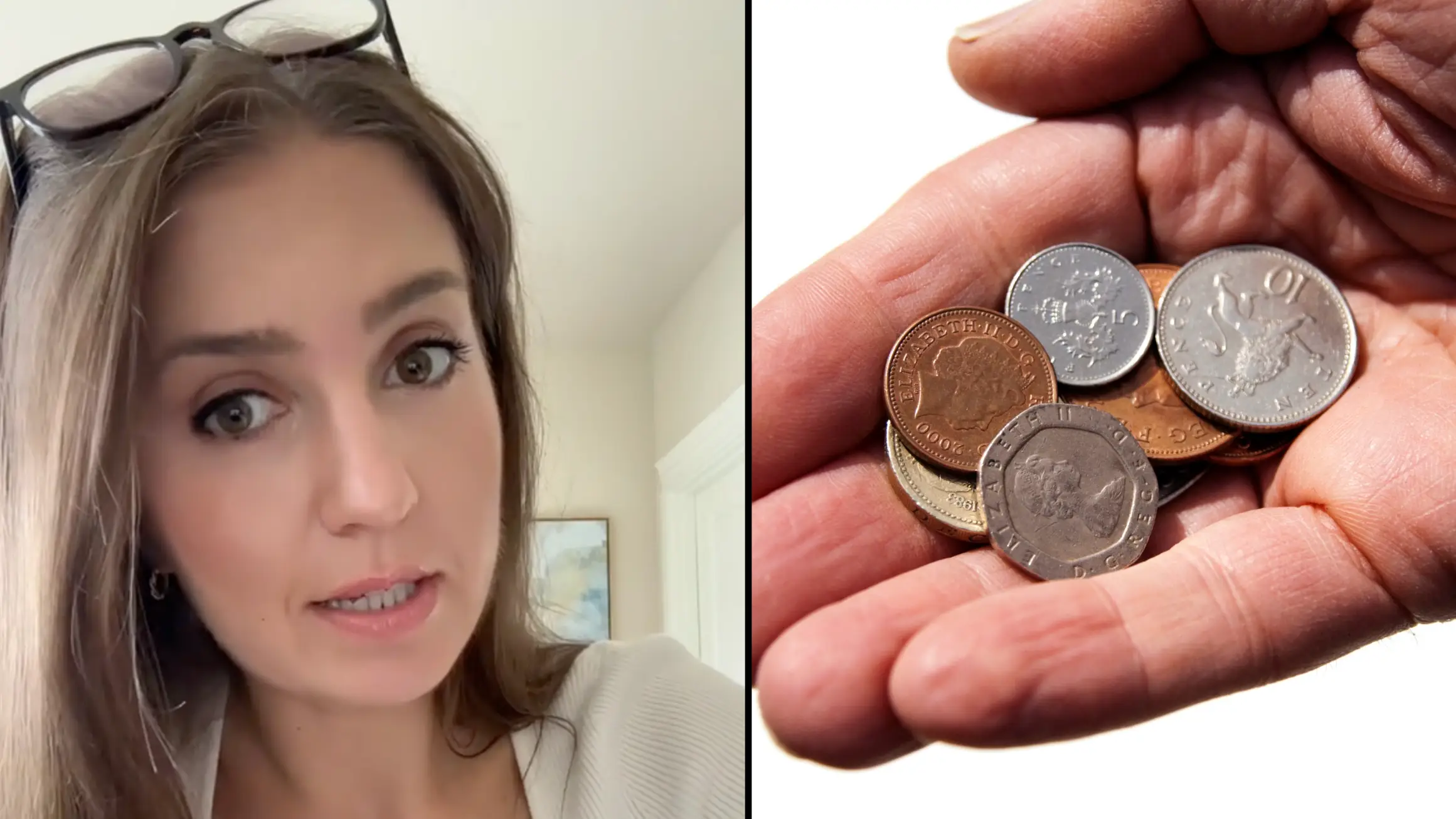
A woman has shared a psychology question which she claims could indicate whether or not you may be autistic.
Our understanding of neurodivergence and neurodivergent disorders such as ADHD, autism and dyslexia has developed drastically over the past couple of decades. A greater understanding and awareness in how neurodivergence presents in people of different ages and genders has also led to several adults seeking a diagnosis later on in their life after realising their behaviours align with symptoms outlined in new diagnostic guidelines.
In-fact, statistics published in The Guardian reveal that autism diagnoses have increased from one in 2,500 to one in 36 across the past 80 years.

Advert
Key to our increased understanding is the idea that neurodivergence isn't black-and-white but instead a spectrum, which means that no two neurodivergent people will present in the same manner.
Keen to display how a neurodivergent and neurotypical brain can often present differently is internet personality Olesya Luraschi, who frequently makes TikToks relating to psychology.
In a recent video, Luraschi used a question which she explained can sometimes be used during an autism diagnosis and explained how it may highlight the difference between a neurodivergent and neurotypical people.
The question goes: "A bat and a ball cost $1.10 in total. The bat costs $1.00 more than the ball. How much does the ball cost?"
Luraschi then goes on to explain that the way in which you answer can be indicative of System 1 or System 2 thinking.
A System 1 thinker would be more likely to answer quickly, responding with a guess of 10 cents, whereas a System 2 thinker would spend longer thinking about the question before working out the ball actually costs 5 cents.
This test is of course not a substitute for clinical diagnosis, after all you may just be good at maths and brain teasers, but it can provide an insight into how your thinking style. Originally coined by psychologist Daniel Kahneman, recent studies have also suggest that neurodivergent people are more likely to relay on their System 2 when it comes to problem solving. This is outlined in a 2022 study titled 'Thinking, fast and slow on the autism spectrum', which found that autistic participants were more likely to rely on slower and more logical thinking when it came to decision making.
"Autistic participants did produce more deliberative answers than the non-autistic participants. However, both groups produced comparably more intuitive answers and less deliberative answers in the fast condition," the study concluded.
Topics: Health, Mental Health, Science, TikTok, Social Media